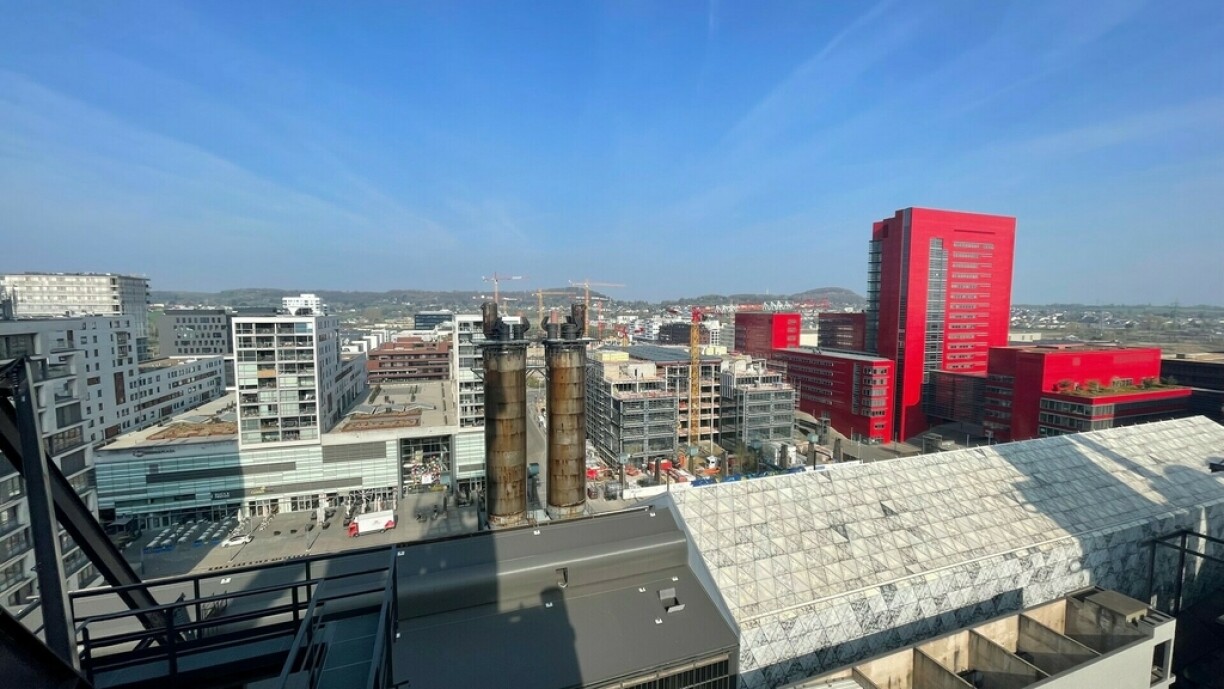
How to manage this expansion was the topic in the Chamber of Deputies on Tuesday, following a question from green MP Semiray Ahmedova. What are the changes that need to happen to accommodate the growth, and what can be learnt from the mistakes that were made during the development of the 650 hectares belonging to the municipalities of Sanem and Esch-sur-Alzette?
The number of accommodations is set to double from currently 2,000, housing around 3,600 people, to over 4,000. The same goes for the number of people working on the site.
Belval has a lot of potential, but also problems, says DP MP Max Hahn.
“To avoid Belval being a pure working neighbourhood, which is busy during the day [...] and dead at night, the development of housing is the central issue. It must be said that the focus in the past was mainly on jobs.”
But the current development of housing is not going in the right direction, says Myriam Cecchetti from dé Lénk. There isn’t enough affordable housing being built, and the expansion of workplaces is also problematic, she says.
“This country has a huge gap between the number of workplaces and the number of housing units. We can never reduce this gap if we keep building new quarters which also plan for a large number of new workplaces. Which then further increase the need for housing, because the people working there will need to live somewhere, too.”
And it was clear that the ideal of living where you work is often not feasible due to financial reasons, she added.
Semiray Ahmedova from déi gréng also raised a few other issues on the site.
“Mobility planning is definitely one of the biggest teething problems of the Belval project. There were no lessons drawn from the development of the Kirchberg plateau.”
Mobility minister François Bausch agreed that this is indeed the weak point of the project, but noted that this is being worked on. He cited the examples of the bike route which will open by January next year at the latest, the fast tram from Luxembourg City and improved bus connections to the cross-border regions.
A further point of criticism was the lack of green areas in Belval, which was too much of a concrete jungle.